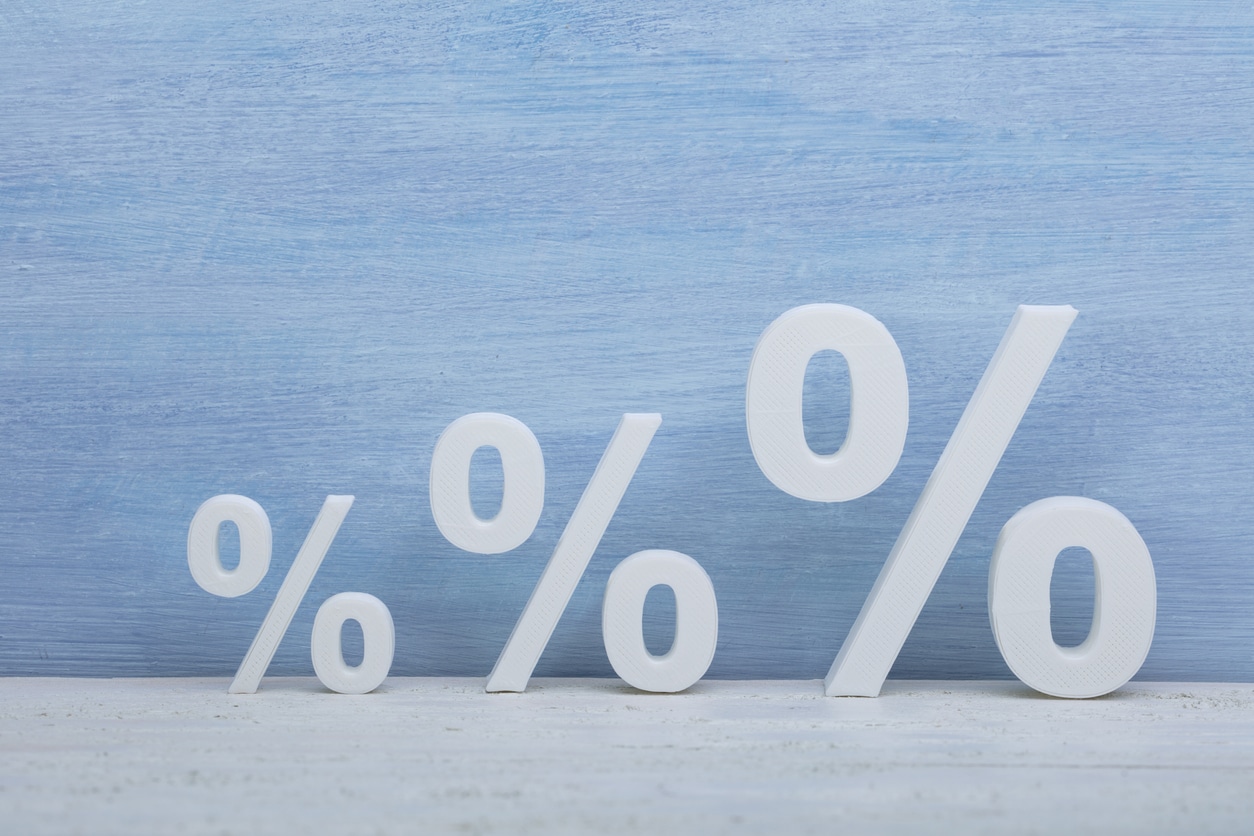While the Federal Reserve already raised rates three times in fairly short order this year, it looks as though there will likely be another increase looming on the horizon when they meet again on Sept. 21. The reason for a fourth hike – which could be as much as three-fourths of a point – is tied to all of the rest of the bump-ups. That is to make it more expensive for people and companies to borrow money, thus slowing purchasing power for items such as personal and business vehicles, real estate and other big-ticket buys consumers typically have to finance. And that, it is hoped, will help to ever-so-gently beat back a recession.
Recession talk aside, there are several bright spots to consider: No matter what the Fed decides later this month, the jobs market remains energized, pay is still on the high side and home prices in many U.S. markets are dropping, although mortgages are becoming more expensive. The interest rate adjustments by the Fed, notes the Consumer Financial Protection Bureau, often trickle into the economy in ways that could impact both borrowers and savers. An arm of the Federal Reserve System, the CFPB wants people to understand what the recent and future rate increases may mean for them.
The cost of some credit cards is increasing
Many credit cards (and store cards) offer revolving credit at a variable interest rate, meaning the rate can vary. That also means, the interest rate you have on existing credit products may go up if you have a variable rate. The translation? You will pay more on your card balances. For example, data from CreditCards.com shows the average maximum APR on a new card offer has increased in the last few months, increasing to 25.55%. While those with very good credit likely won’t pay that much, many people who recently gained access to a new credit card are now receiving APRs well above 20%.
Mortgage rates are moving up
Those shopping for a new home loan will likely pay more than people who locked in a lower annual percentage rate this time last year. Financial institutions often raise rates for new home loans after the Federal Reserve increases rates. It’s important to note that those who already have a fixed-rate loan should not see their payments change. Mortgages with a fixed rate are common, and those borrowers will typically make the same payment as always so long as they continue to pay on time every time. If you have questions about how rising rates may impact a loan or line of credit you have with a credit union or bank, start by reaching out to a customer service representative with the company.
Earnings on deposits could rise (slowly)
In a perfect world, people with money tucked away in savings accounts should expect to earn a higher interest rate when rates rise. That process is often much slower for larger financial institutions, notes the CFPB, to pass on higher savings rates to customers on their deposits.
What you can do right now
If you have debt at a high interest rate on a credit card or other line of credit, it may be time to look for ways to refinance the loan or transfer the balance to a credit card with a lower interest rate. Likewise, if you have a mortgage, vehicle loan, or student loan, try to lower your rates as much as possible. After that, it’s time to come up with a roadmap to pay down the debt as quickly as you can.
With reporting by Casandra Andrews






